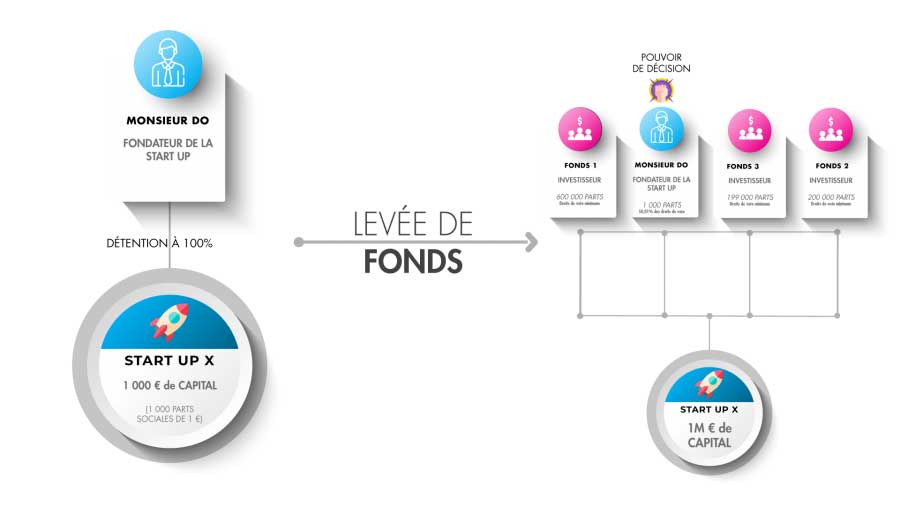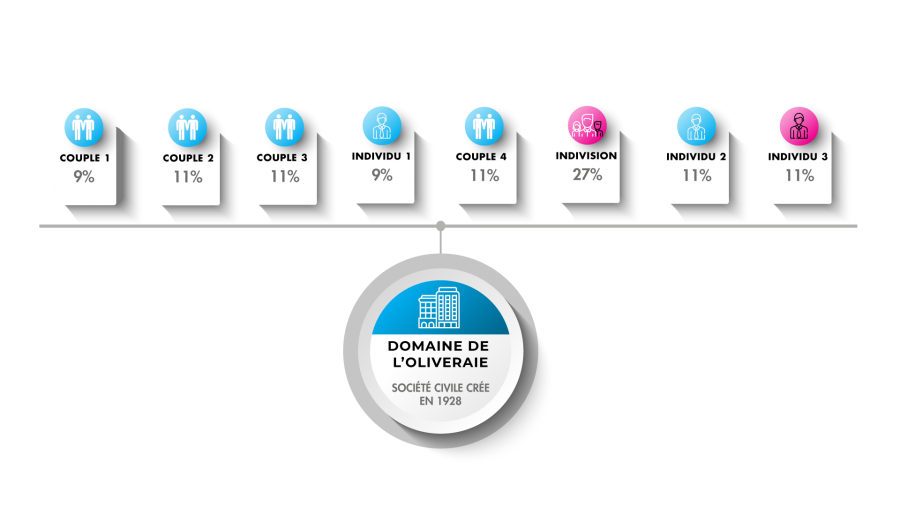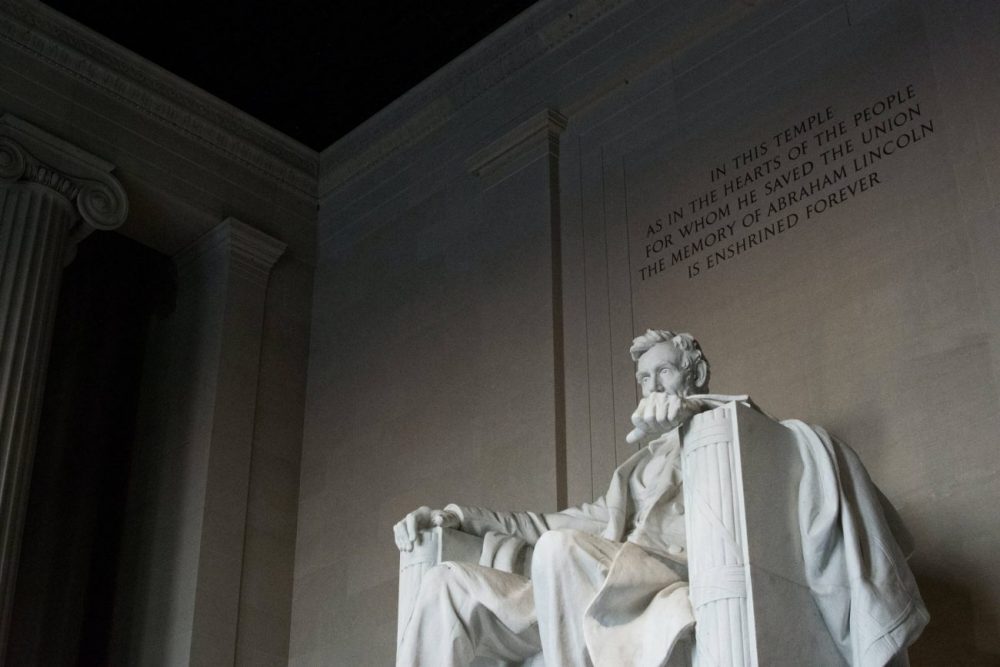Context and issues
Transparency of proprietary information continues to be a central concern for governments and the public, as demonstrated by the media coverage surrounding data leaks in recent years. These leaks have often demonstrated that the lack of transparency hides crimes. For example tax evasion, money laundering, terrorist financing or attempts to avoid potential sanctions.
Let's take as an example the last Arab revolutions which revealed the financial arrangements of former leaders monopolizing billions at the expense of their own countries: the Ben Ali clan in Tunisia, Hosni Mubarak and his family in Egypt and the Gaddafi family in Libya.
In the context of the fight against money laundering, terrorist financing and corruption, it is important to identify the individual who directly or indirectly controls the target organization.
In France, thehe ACPR's Enforcement Committee decided that it was the responsibility of the organization to determine whether one or more persons had de facto power of control over the administration of the client company in order to identify the beneficial owner(s)(CS Axa France Vie decision - n°2015-08).
Who are you, the actual beneficiary?
The beneficial owner is defined as the natural person(s) who owns or controls, directly or indirectly, the directly or indirectly, the company targeted. In no case, it can be a legal entity. The beneficial owner is either :
- the natural person(s) who holds, directly or indirectly, more than 25% of the capital or voting rights of the voting rights of the target company ;
- the natural person(s) who exercises, by other means, a power of control over the management bodies administrative or management bodies of the target company targeted or over the general meeting of its partners or shareholders;
- only if a beneficial owner has not been identified according to the two previous criteria. The natural person(s) individual(s) who directly or indirectly (through one or more legal entities) holds the position of legal representative of the target company.
For companies without capital (individual companies, associations...), the beneficial owners are the legal representatives of the target company.
Why is a beneficial owner sought?
For a financial institution or a company, it is very important to know the natural person(s) who own(s) or control(s) the third party companies with which you are dealing. Failure to do so can lead to risks of sanctions for corruption, money laundering, tax fraud, as well as reputational risks that are often irrecoverable.
The latest scandal surrounding Isabel Dos Santos and the Luanda leaks, as well as the vast network of tax evasion and money laundering, is based mainly on Shell Companies"based in Malta, Mauritius and Hong Kong. These empty shells that have no activity, own nothing and generally have for only purpose to hide people (the beneficial owners) and often illegal activities. The proof is that some Portuguese financial institutions are in the eye of the storm for having allowed the development of such a network, with its share of suicides or murders. Are we heading, once again, towards a scandal similar to that of Odebrecht?
The Ellisphere methodology
Case Study: Finding the Beneficial Owner
The start-up
Mr. Do creates a start-up with a capital of 1 000 €. His company is growing and he needs to call on investors.
The investors contribute capital and receive shares in the company in exchange. Mr. Do thus becomes a minority shareholder in the company. However, the shares he holds are called "preferred shares" (ADP).
In conclusion, Mr. Do is a minority shareholder, but his shares give him more power than the other shareholders (common shares).
A civil society
A forest estate that has belonged to the same family for decades is divided into parcels. Several couples or individuals each hold a parcel. When one person dies, an undivided estate is created. Each member of the joint ownership is then a co-owner of the parcel.
Any person holding more than 25% of the capital will be identified as a beneficial owner. This is also the case if he/she holds these shares in joint ownership. A person holding less than 25% of the capital can only be considered as a beneficial owner if he is part of an undivided ownership (example: accumulation of percentages).
What conclusion?
In the context of the search for beneficial owners, it is therefore vital to have reliable and sourced information. The work of identifying the shareholder chain that allows the identification of the beneficial owner is essential. Indeed, the quality of the incoming data must be irreproachable in order to guarantee sustainable economic relations.
Human work is at the heart of this analysis. The structuring of data by humans is inseparable from the calculation work of the machine. This is why today, this complementarity allows us to have optimal and accurate information.
Read our other articles on beneficial owners
November 16, 2020
Politically exposed persons: new definition and business risks
New anti-corruption, anti-money laundering and anti-terrorist financing regulations are being implemented...
January 17, 2020
Why search for the beneficial owner of a company?
Since 2017, French companies have been obliged to declare their beneficial owner(s). The purpose of this...
Read more
Our support dedicated to compliance
Discover Ellisphere's expertise on your compliance issues and master your due diligence...






